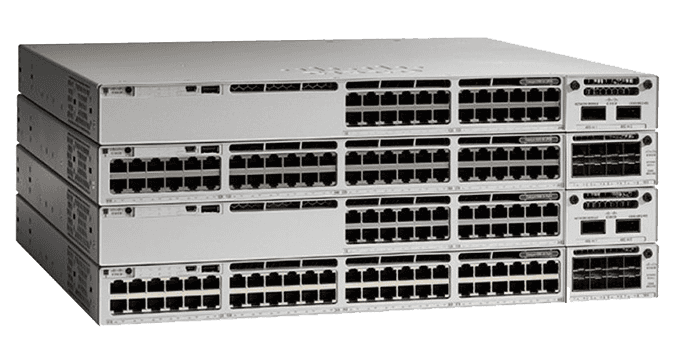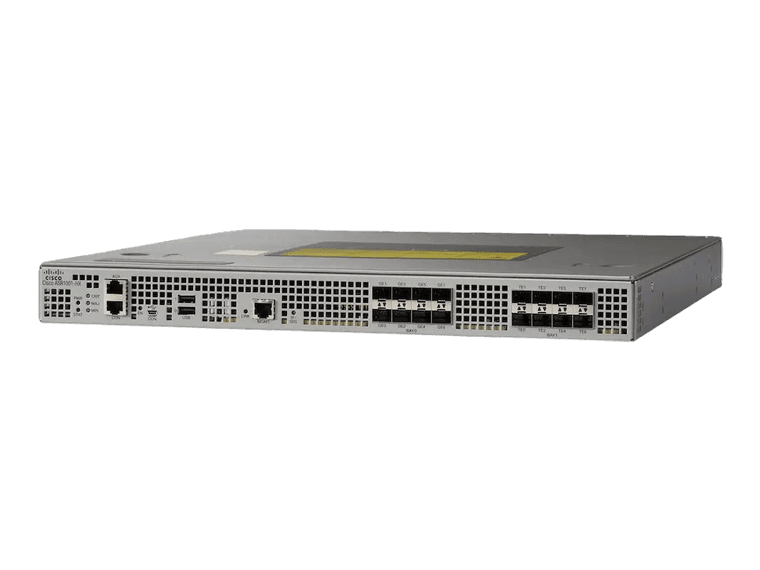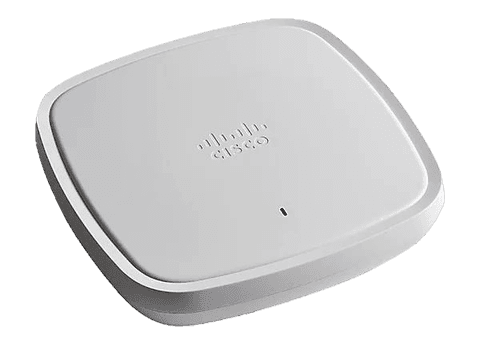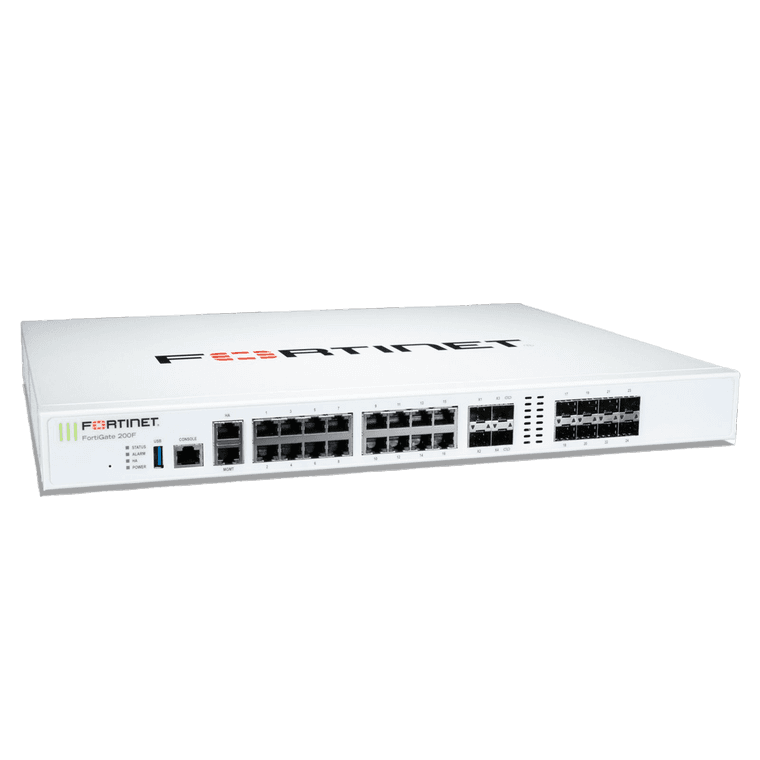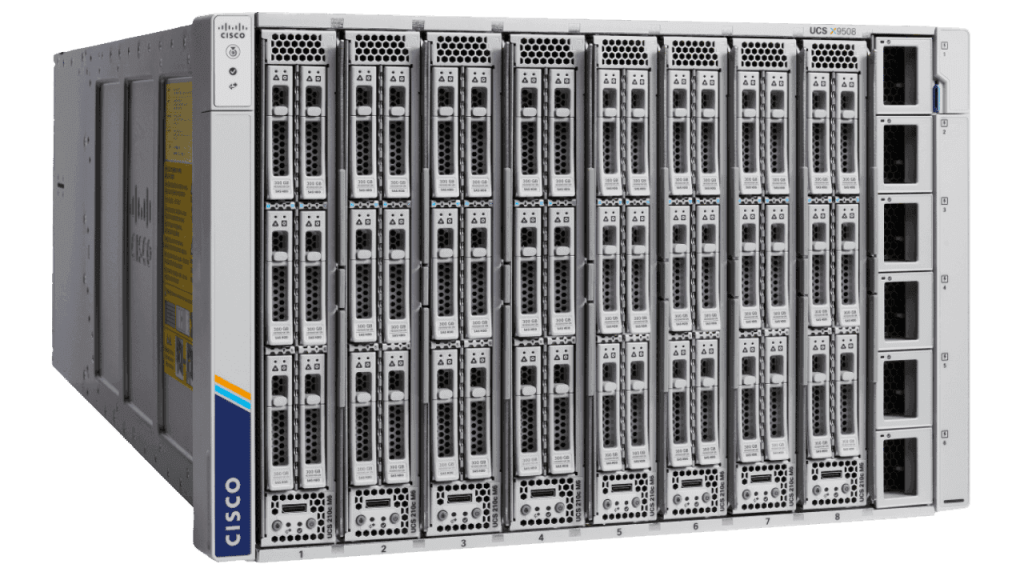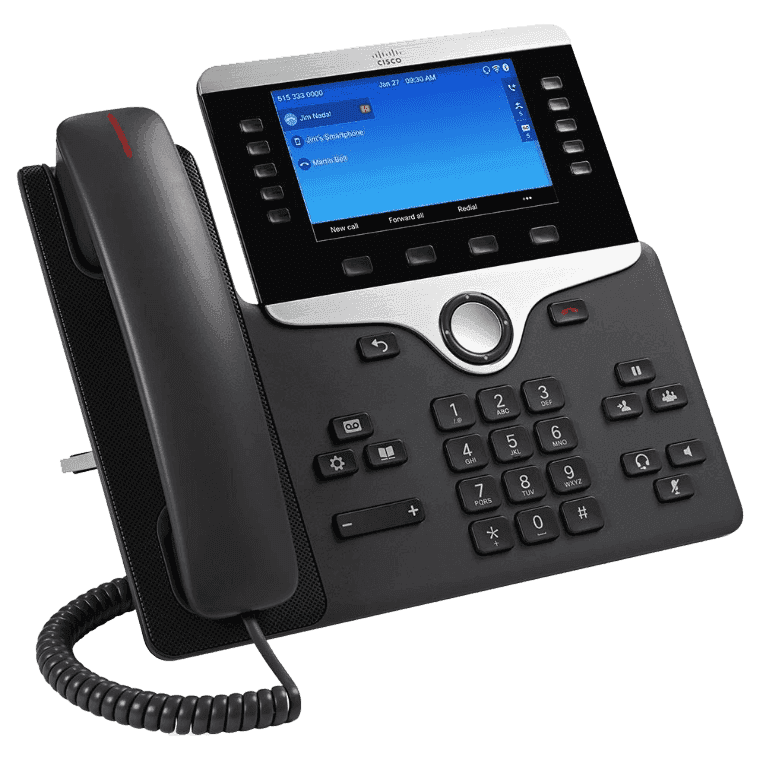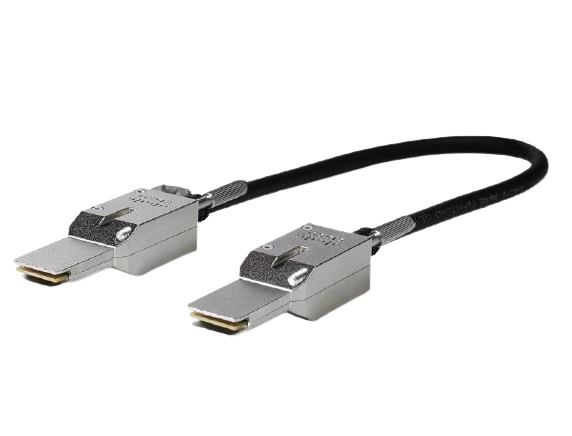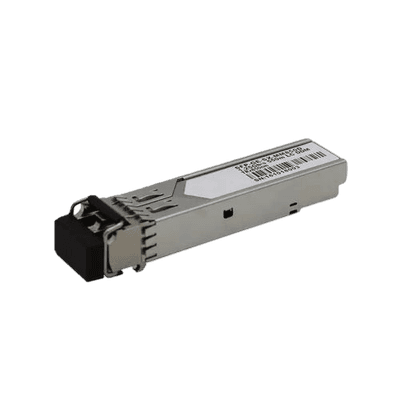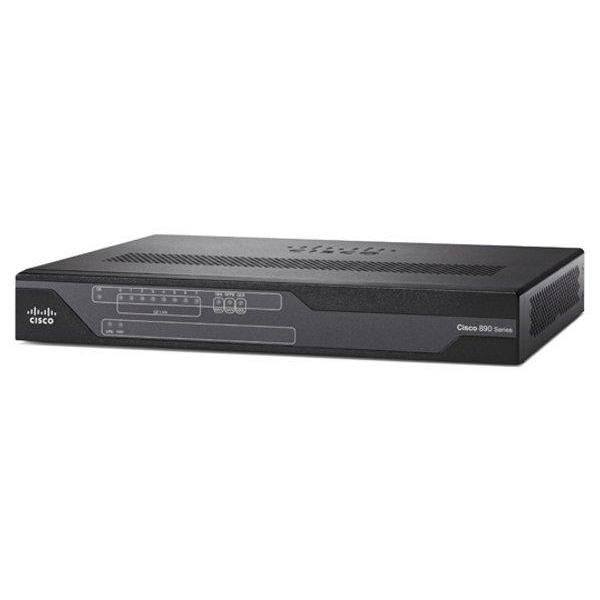| WAN Interfaces | 1-port GE or 1-port SFP 1-port FE |
| LAN Interfaces | 8-port 10-/100-/1000-Mbps managed switch (4-ports PoE capable with 125W power supply adapter) |
| Integrated USB 2.0/AUX/Console | Yes |
| Integrated Dial Backup | V.92 analog modem ISDN BRI |
| IP and IP services |  Routing Information Protocol Versions 1 and 2 (RIPv1 and RIPv2)  Generic routing encapsulation (GRE) and multipoint GRE (MGRE)  Cisco Express Forwarding  Standard 802.1d Spanning Tree Protocol  Layer 2 Tunneling Protocol (L2TP)  Layer 2 Tunneling Protocol Version 3 (L2TPv3)  Network Address Translation (NAT)  Dynamic Host Configuration Protocol (DHCP) server, relay, and client  Dynamic Domain Name System (DNS)  DNS Proxy  DNS Spoofing  Access control lists (ACLs)  IPv4 and IPv6 Multicast  Open Shortest Path First (OSPF)  Border Gateway Protocol (BGP)  Performance Routing (PfR)  Enhanced Interior Gateway Routing Protocol (EIGRP)  Virtual Route Forwarding (VRF) Lite  Next Hop Resolution Protocol (NHRP)  Bidirectional Forwarding Detection (BFD)  Web Cache Communication Protocol (WCCP) |
| xDSL |  True Multimode VDSL2 and ADSL2+ over Annex A, B, J, and M including traditional G.DMT and T1.413  World-class interoperability with industry-standard DSL access multiplexer (DSLAM) chipsets  Highest field reliability with Impulse Noise Protection over REIN/SHINE, Extended INP-Delay, G.INP, Physical Layer Retransmission, SRA, and Bitswap  VDSL2 Persistent Storage Device (PSD) profiles up to 17a/b with support for Spectral Shaping  VDSL2 Vectoring to offer blazing fiber speeds over copper  Support for 4-pair multimode G.SHDSL; that is, ATM and EFM  Remote management with TR069 and CWMP  Investment protection with GE and SFP for future fiber that could replace xDSL deployment |
| Switch features |  Auto Media Device In/Media Device Cross Over (MDI-MDX)  25 802.1QVLANs  MAC filtering  Four-port 802.3af and Cisco compliant PoE  Switched Port Analyzer (SPAN)  Storm Control  Smart ports  Secure MAC address  Internet Group Management Protocol Version 3 (IGMPv3) snooping  802.1x |
| Security features | Secure connectivity:  Secure Sockets Layer (SSL) VPN for secure remote access  Hardware-accelerated DES, 3DES, AES 128, AES 192, and AES 256  Public-key-infrastructure (PKI) support  Fifty IPsec tunnels  Cisco Easy VPN Client and Server  NAT transparency  Dynamic Multipoint VPN (DMVPN)  Tunnel-less Group Encrypted Transport VPN  VRF-aware IPsec  IPsec over IPv6  Adaptive control technology  Session Initiation Protocol (SIP) application-layer gateway  Cisco IOS Firewall:   Zone-Based Policy Firewall   VRF-aware stateful inspection routing firewall   Stateful inspection transparent firewall  Advanced application inspection and control  Secure HTTP (HTTPS), FTP, and Telnet Authentication Proxy  Dynamic and static port security  Firewall stateful failover  VRF-aware firewall  Cisco ScanSafe Connector  Cisco IOS Software black and white lists  Integrated threat control:   Intrusion Prevention System (IPS)  Control Plane Policing  Flexible Packet Matching  Network foundation protection |
| Quality of Service (QoS) |  Low-Latency Queuing (LLQ)  Weighted Fair Queuing (WFQ)  Class-Based WFQ (CBWFQ)  Class-Based Traffic Shaping (CBTS)  Class-Based Traffic Policing (CBTP)  Policy-Based Routing (PBR)  Class-Based QoS MIB  Class of service (CoS)-to-differentiated services code point (DSCP) mapping  Class-Based Weighted Random Early Detection (CBWRED)  Network-Based Application Recognition (NBAR)  Link fragmentation and interleaving (LFI)  Resource Reservation Protocol (RSVP)  Real-Time Transport Protocol (RTP) header compression (cRTP)  Differentiated Services (DiffServ)  QoS preclassify and prefragmentation  Hierarchical QoS (HQoS) |
| Management |  Cisco Configuration Professional  Cisco Configuration Express  Cisco Configuration Engine support  Cisco AutoInstall  Cisco IP Service-Level Agreement (IP SLA)  Cisco IOS Embedded Event Manager (EEM)  CiscoWorks  Cisco Security Manager  Telnet, Simple Network Management Protocol Version 3 (SNMPv3), Secure Shell (SSH) Protocol, command-line interface (CLI), and HTTP management  RADIUS and TACACS+  Out-of-band management with ISDN S/T port or external modem through a virtual auxiliary port on models supporting those interfaces; refer to Table 2 for details  Cisco Wireless Control System (WCS) for management of unified access points in models supporting WLAN; on models supporting WLAN, refer to Table 2 for details |
| High availability |  Virtual Router Redundancy Protocol (VRRP) (RFC 2338)  HSRP  MHSRP  Dial backup with an external modem through virtual auxiliary port  Dial backup with ISDN S/T or V.92 Analog modem port |
| Metro Ethernet | Â Ethernet OA&M Â Ethernet Local Management Interface (E-LMI) Â IP SLA for Ethernet |
| IPv6 |  IPv6 addressing architecture  IPv6 name resolution  IPv6 statistics  IPv6 translation: Transport packets between IPv6-only and IPv4-only endpoints (NAT-Protocol Translation)  Internet Control Message Protocol Version 6 (ICMPv6)  IPv6 DHCP  OSPFv3  BGP4+  IPv6 path maximum transmission unit (PMTU)  IPv6 Neighbor Discovery  IPv6 stateless address autoconfiguration (SLAAC)  IPv6 Multicast Routing |
| Unified WLAN management |  Unified access-point features:  Supported by wireless LAN controller and Cisco WCS  Configurable local or central switching for Hybrid Remote Edge Access Point (HREAP) mode  Radio management through Cisco WCS  Transparent roaming with mobility groups |
| Application visibility and control | Â Cisco Wide Area Application Services (WAASx) Â NBAR2 Â Flexible NetFlow (FNF) Â Performance Agent |
| Number of recommended users | 50 |
| Standard 802.11 a/g/n access point | Â Optional on Cisco 890 Series models |
| WLAN hardware |  Support for Cisco CleanAir technology on Cisco 897 and 891F  Automatic rate selection for 802.11a/g/n  Noncaptive RPTNC omnidirectional dipole antennae; 2-dBi gain @ 2.4 GHz, 5-dBi gain @ 5 GHz  2 x 3 multiple input, multiple output (MIMO) radio operation  Wi-Fi 802.11n Draft v2.0 certified |
| WLAN software features |  Autonomous or unified access point  Cisco WCS support for monitoring of autonomous-mode access points  Option to maximize throughput or maximize range  Software-configurable transmit power  Radio roles, including access point, root bridge, nonroot bridge, and workgroup bridge  Wi-Fi Multimedia (WMM) certification  Traffic specifications (TSPEC) Call Admission Control (CAC) to ensure voice quality is maintained  Unscheduled Automatic Power Save Delivery (UPSD) to reduce latency |
| WLAN security features |  Standard 802.11i  Wi-Fi Protected Access (WPA) and AES (WPA2)  EAP authentication: Cisco Light Extensible Authentication Protocol (LEAP), Protected Extensible Authentication Protocol (PEAP), Extensible Authentication Protocol-Transport Layer Security (EAP TLS), Extensible Authentication Protocol-Flexible Authentication via Secure Tunneling (EAP-FAST), Extensible Authentication Protocol-Subscriber Information Module (EAP-SIM), Extensible Authentication Protocol-Message Digest Algorithm 5 (EAP-MD5), and Extensible Authentication Protocol-Tunneled TLS (EAP-TTLS)  Static and dynamic Wired Equivalent Privacy (WEP)  Temporal Key Integrity Protocol/Simple Security Network (TKIP/SSN) encryption  MAC authentication and filter  User database for survivable local authentication using LEAP and EAP-FAST  Configurable limit to the number of wireless clients  Configurable RADIUS accounting for wireless clients  Preshared keys (PSKs) (WPA-small office or home office [WPA-SOHO]) |
| Certifications | Note: Due to the new FCC WiFi June 2016 regulation (FCC rules for part 15.409), the WLAN radio used in the ISR’s (specifically C819 -A WiFi Domain with AP802 dual 802.11 radio) Cisco will be issuing a new grant for the 5GHz dual 802.11n radio.
The specific reason for the change is due to the inability of the radio to detect the various radar pulses (DFS function) over the entire bandwidth of the channels in the 5250-5350 and the 5500-5700 A radio channel bands (which will be disabled). As a consequence, the radio will now operate from 5150-5250 and 5745-5850 A radio bands. This will provide a total of nine channels in the 5GHz range. |
| Service Set Identifiers (SSIDs) and Multiple Broadcast SSIDs | 16 |
| Wireless VLANs | Â 14 (encrypted and nonencrypted VLANs) |
| Default and maximum DRAM | Default 512MB
Up to 1 GB on Cisco 892FSP, 896VA, 897VA, 897VAB, 898EA, 891F, and 891-24X data models; upgrade option available |
| Default and maximum flash memory | Â 256 on all Cisco 890 ISR models; not upgradable |
| WAN | Â Refer to Table 2 for details |
| LAN switch | Â Refer to Table 2 for details |
| Separate console and auxiliary ports | Â RJ-45 |
| USB 2.0 | Â One USB 2.0 port available on Cisco 892FSP, 896VA, 897VA, 897VAB, 898EA, 891F, and 891-24X Â USB devices supported: Â Â USB flash memory |
| ISDN BRI S/T | Â Refer to Table 2 for details |
| Inline PoE |  Optional internal adapter for inline PoE on 4 switch ports for IP phones or external wireless access points; 802.3af-compliant and Cisco PoE-compliant  No PoE support on Cisco 892FSP |
| Wireless specifications | Â 2.4 and 5 GHz |
| Data rates supported |  802.11a: 6, 9, 12, 18, 24, 36, 48, and 54 Mbps  802.11b: 1, 2, 5.5, 6, 9, and 11 Mbps  802.11g: 1, 2, 5.5, 6, 9, 11, 12, 18, 24, 36, 48, and 54 Mbps  802.11n: 1, 2, 5.5, 6, 9, 11, 12, 18, 24, 36, 48, 54, and m0-m15 |
| Maximum transmit power (2-channel aggregate) |  802.11a: 15dBm  802.11b: 20 dBm  802.11g: 17 dBm  802.11n: 16 dBm Note: The maximum power setting is subject to change by channel and by region, depending on regulations. |
| Physical dimensions and weight | Weight: 5.5 lb (2.5 kg) maximum Product dimensions: Â Â H x W x D =1.82 x 12.71 x 9.78 in. (4.62 x 32.28 x 24.84 cm) (includes rubber feet) Â Â H x W x D = 1.75 x 12.71 x 9.78 in. (4.45 x 32.28 x 24.84 cm) (without rubber feet) |
| External power supply | Product power specifications:  AC input voltage: Universal 100 to 240 VAC  Frequency: 50 to 60 Hz  Maximum output power: 60W  Output voltages: 12 VDC  Optional PoE:   Separate 80W PoE power supply for Cisco 891 and 892 ISRs   Single 125W power supply required for Cisco 896, 897, 898, and 891F for router and PoE   The Cisco 891-24X uses the internal power supply for PoE  External output voltage: 48 VDC |
| Approvals and compliance |  Emission  47 CFR Part 15: 2006   CISPR22: 2005   EN300386: V1.3.3: 2005   EN55022: 2006   EN61000-3-2: 2000 [Inc amd 1 & 2]   EN61000-3-3: 1995 [+ amd 1: 2001]   ICES-003 Issue 4: 2004   KN 22: 2005   VCCI: V-3/2006.04  Immunity  CISPR24: 1997 [+ amd 1 & 2]   EN300386: V1.3.3: 2005   EN50082-1: 1992   EN50082-1: 1997   EN55024: 1998 [+ amd 1 & 2]   EN61000-6-1: 2001 |
| Environmental operating range | Â Nonoperating temperature: -4 to 149F (-0 to 65C) Â Nonoperating humidity: 5 to 95% relative humidity (noncondensing) Â Nonoperating altitude: 0 to 15,000 ft (0 to 4570m) Â Operating temperature: 32 to 104F (0 to 40C) Â Operating humidity: 10 to 85% relative humidity (noncondensing) Â Operating altitude: 0 to 10,000 ft (0 to 3000m) |


